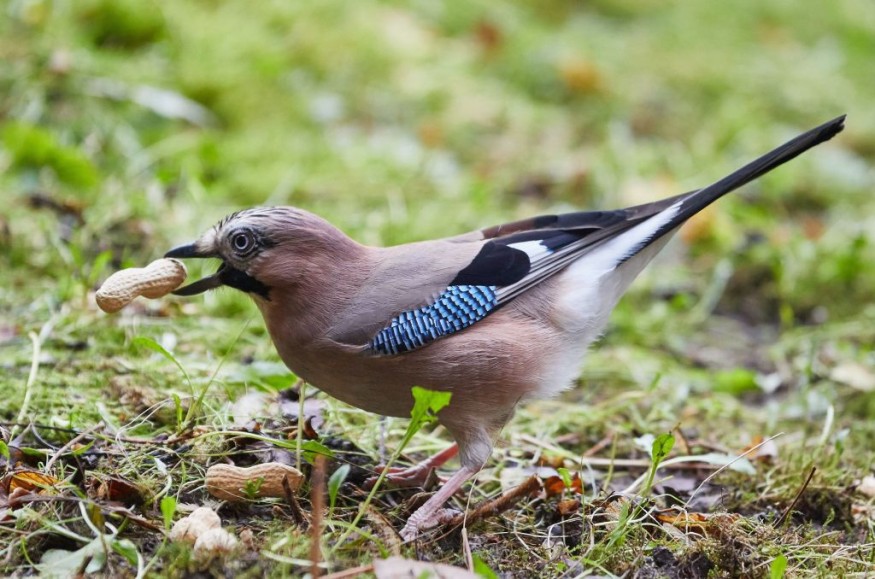Self-control is one of the highest forms of inhibitory regulation, best exemplified by humans as synonymous to discipline.
It is an ability that pertain to an individual's capability to regulate behavior, emotions, and thoughts in the face of temptations.
Self-restraint primarily deviates one's self from irrational and impulsive response from stimuli that are hard to resist under normal circumstances.
Now, a new study led by researchers from England, United Kingdom, revealed for the first time that birds also possess self-control.
The groundbreaking conclusion was made after an experiment led to some members of the Eurasian jay bird species to pass a version of the "marshmallow test," an experimental design originally made to measure a child's ability for delayed gratification.
The study is reportedly the first evidence linking self-control and intelligence in birds, whose said species were found to be capable of resisting temptation in exchange for a better yet delayed reward.
Waiting for such pleasure objectively falls in the 'short-term future' ranging from several seconds to minutes.
The evidence highlights that mammals are not the only ones capable of self-control but also avians.
Eurasian Jays Self-Control

The new research on the linkage between self-control, intelligence, and birds was published in the journal Philosophical Transactions of the Royal Society B on Monday, October 31.
Researchers from the University of Cambridge related the Eurasian jays with the important cognitive skill of self-restraint, which were not only associated with humans but also recently to chimpanzees and cuttlefish.
The Eurasian jay (Garrulus glandarius) is a woodland bird which can be found in a vast inter-continental region from western Europe and northwest Africa to the Indian subcontinent, as well as extending to the eastern coastline of Asia and down to Southeast Asia.
The species is known as the most colorful member of the UK's crow family Corvidae, with a color combination of pink, brown, black, and white.
Prior to the University of Cambridge study, G. glandarius like other members of the said family are highly intelligent animals that retain their cached food with striking accuracy.
In addition, they are also known for using tools and exemplified other abilities like foresight and planning, according to the site MammalWeb.org.
Marshmallow Test
The impressive track record of the Eurasian jays hold clue to their passing of the version of the famous marshmallow test, which is officially known as the 1972 Stanford Marshmallow test; wherein children were given the option to choose between one marshmallow immediately or two pieces of marshmallow if they wait for a prolonged period of time.
In the new study's version, the jays were given their common favorite mealworms, as well as bread and cheese which comes as second but these varies depending on an individual bird's preference, according to ScienceDaily.
The experiment yields that all birds were able to wait for the worm but ranges from at least five seconds to five and half minutes.
Eurasian jays that waited the longest time were the ones that scored the highest on intelligence tests linked to the marshmallow test.
© 2025 NatureWorldNews.com All rights reserved. Do not reproduce without permission.





